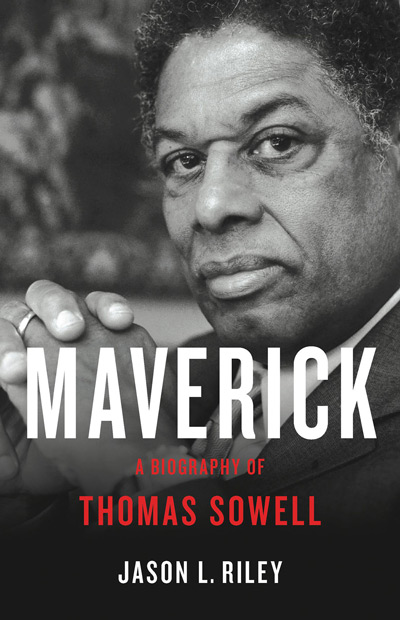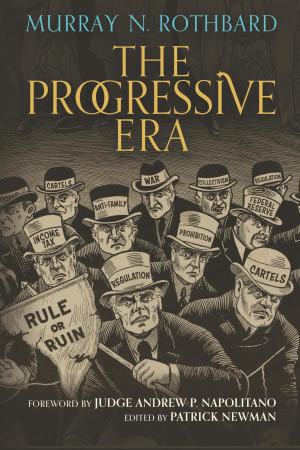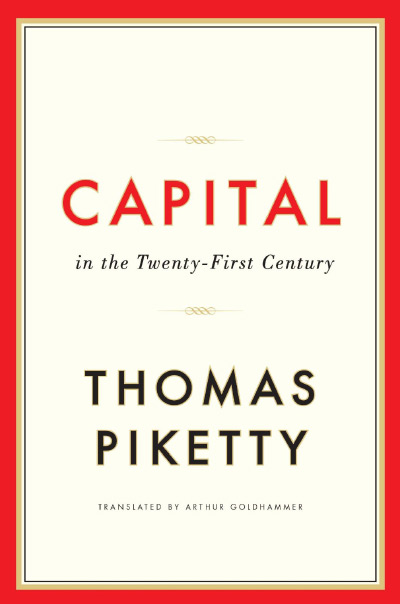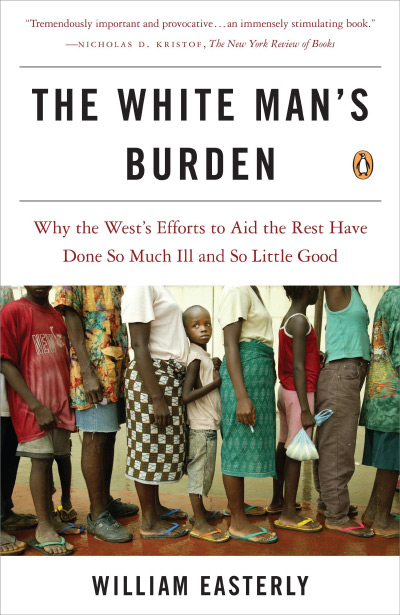I sometimes tell students who are unsure of their career path that “Consulting is the new military service.” In 1880, if a young person (then, a man, but that’s not important now) of the “middle ranks” of society were unsure of what to do he would join the military as an officer and get experience with leadership and traveling the world. Today, the chance to work in consulting means that you will work in teams, and commit serial analysis, being deeply immersed in one industry and then another for an intense few months.
John Hagel has had an interesting life, in part by making consulting a viable career path. He took one of those “career matching” tests when he was young, and the test oracle suggested being a priest, or a social worker. But being a consultant, taking other people’s problems seriously and suggesting solutions, being of value to others, has many of the same attributes. He was an important leader at Boston Consulting Group, McKinsey, and Deloitte at different points in his career, and has spent time in many countries and worked in many industries.
But in his 50s, he realized that he had never thought much about his own “narrative,” a term that for Hagel means the prospective account of life that animates our actions and shapes our plans. He distinguishes his view of narrative from the life stories that psychologists and social workers suggest people use in two ways. First, stories have a beginning, middle, and end, and are static. Second, the “narratives” employed by psychologists are retrospective: who you are depends on how you got here. Hagel wants our narratives to define who we are by where we want to go, and why.
If the catalyst for the book was the recognition that the author’s narrative had been about serving others and the desire to change that narrative, the real motivation for the work is the observation that the reason so many narratives fail—whether for people, or entire companies—is fear. Fear is an evolutionarily valuable aspect of human psychology, since people who don’t have fear don’t spend energy and attention on anticipating problems. But there is a big difference between “I’m afraid so I can’t....” and “how do I manage the fear of failure to allow me to balance on the Edge.”
The Edge is Hagel’s notion of the place where innovation happens. He settled in Silicon valley 40 years ago because he thought that that was where “the edge” was located, for many businesses. Of course, “the edge” is not a place, but a recognition that the willingness to adopt a prospective narrative that involves creation and cooperation involves looking beyond the settled regions of business practice.
Hagel’s thesis about fear is that there have been substantial increases in threat-based narratives in almost all aspects of our lives, personal and business. Instead of fear of failure, a legitimate concern that leads to planning and managing expectations, threat-based narratives destroy trust and shorten our time horizons. Managing cooperation in a world where expectations are uncertain requires deep trust, managing imminent threats, and being able to act in a context where the effects of positive events are multiplied rather than simply added.
The “three pillars” of positivity that Hagel lays out as the antidote, or perhaps just palliative, to threat-based narratives are all already widely available, and just need to be mobilized by intelligent leadership. The first is to be able to craft an alternative, synergy-focused narrative that makes clear that one’s own place in the organization has certain goals and rewards that will lead to much better outcomes. The second is passion, “the fuel” that will animate the achieving of the plan in the narrative as the organization encounters problems and setbacks.
The final pillar is platform, the setting or context within which the individuals in the organization interact. The word platform is overused today to describe almost any context, but I think Hagel is on to something here. Being embedded in a platform where both information is widely shared and incentives are compatible with success is not easy to achieve, but when it happens it means that the influence of every positive step is magnified.
| Other Independent Review articles by Michael C. Munger | ||
| Fall 2024 | Tax Turmoil: A Dia Fenner Economic Thriller | |
| Fall 2024 | Retrieving Liberalism from Rationalist Constructivism, Volume I; Retrieving Liberalism from Rationalist Constructivism, Volume II | |
| Fall 2024 | The Dispersion of Power: A Critical Realist Theory of Democracy | |
| [View All (83)] | ||


















